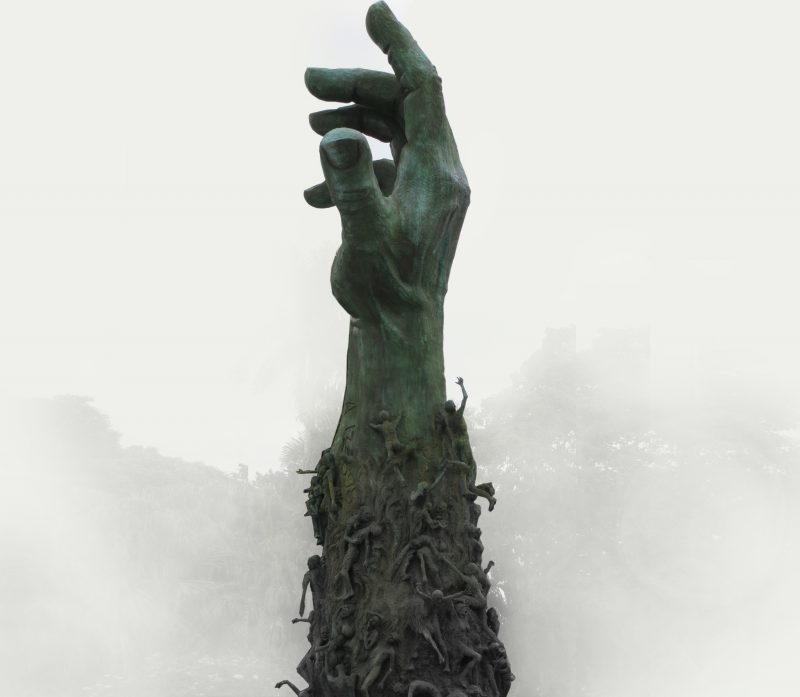
I’m dreaming of a white Christmas
Just like the ones I used to know
Where the treetops glisten and children listen
To hear sleigh bells in the snow … .
Uncle Joe was a test pilot in World War II and went down in Tampa Bay off the west coast of Florida. A few months later, according to my mother, when the family was out eating at a restaurant and Bing Crosby’s “White Christmas” came on the radio, Granddaddy would put his head down on the table and cry.
Then the righteous will answer him, ‘Lord, when was it that we saw you hungry and gave you food, or thirsty and gave you something to drink? And when was it that we saw you a stranger and welcomed you, or naked and gave you clothing? And when was it that we saw you sick or in prison and visited you?’ And the king will answer them, ‘Truly I tell you, just as you did it to one of the least of these who are members of my family, you did it to me.’
When we ponder these words of Jesus’, we usually think of the physical needs of those around us and in other parts of the world. Food kitchens, homeless shelters, free clinics, donations of clothes, school supplies, money abound in our communities and beyond. People wanting to serve God and each other see the needs around them and work to fill them. But what about the invisible needs that haunt all people, the needs we can’t see or touch? What about loneliness, sadness, grief?
Grief doesn’t spare us because it’s a holiday, because it’s Thanksgiving or Christmas. Divorces happen. Deaths happen. Home foreclosures happen. Illness. People live far away from family or are estranged from them. Children grow up and leave home. Friends go their own ways. The grief, the sadness, the sense of loss that comes with all of this is just as real as hunger, being in the cold. A different kind of need, but a need that craves attention and care.
When Uncle Joe died, my mother and her twin sister were in college, away from home. Granddaddy had my grandmother, though, and he did not have to grieve by himself. But what about others who are alone, or who at least feel alone? How about others who suffer loss and grief at this time of year? How do we help with that? What can we do?
We know that it takes careful listening, watching. We can listen to people’s stories as they talk about their lives. We can listen to see if there are people they care about with whom they can spend time. We can listen not to just what they say, but how they say it, and what they leave unsaid. And we can ask them questions so that we know for sure what’s going on.
Years ago, several months after I had moved back to Georgia, a woman I had met invited me to her house to celebrate Labor Day with her family and another friend. I still remember vividly what fun I had that night, the beginning of friendships, that cherished feeling of being included.
We know that grief and loneliness exist throughout the year and that we can watch with others at all times to listen out for heartbreak and sadness. In many Christian traditions, Advent starts next week, and throughout the sacred time moving us inexorably toward Christmas, we have a special opportunity to continue to follow Jesus’ call to feed the hungry and clothe the naked. But we can also listen out, watch out for the invisible need, the need that in its anguish can actually cause physical pain. And we can swoop these people up, these people who are suffering from grief or loss, sweep them up into our arms, bring them into our homes, sit them down at our tables and spread our love with them. Include them in the sacrament of sharing food together. When we do it for the least of these, we will be inviting Jesus himself into our homes, to sit with us and share our meal. And when we look across the table, we will see his shining face smiling back at us through the candlelight.
Katherine ElberfeldNovember 28, 2017Blog
